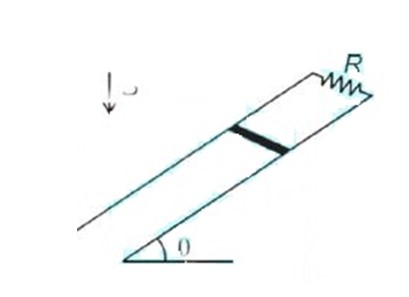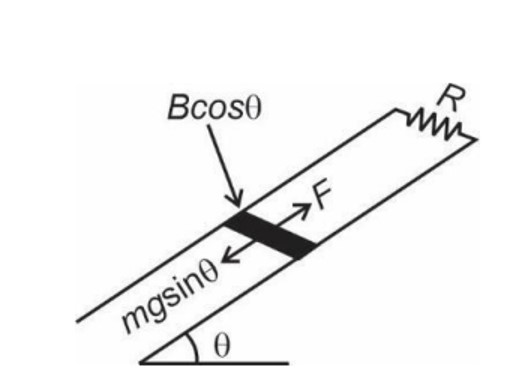Electromagnetic Induction
Get insights from 123 questions on Electromagnetic Induction, answered by students, alumni, and experts. You may also ask and answer any question you like about Electromagnetic Induction
Follow Ask QuestionQuestions
Discussions
Active Users
Followers
New answer posted
4 months agoContributor-Level 10
It depends on the requirement. But in most cases, AC generator will be preferred over a DC one. DC generator can be useful in cases where you just require a continuous supply of current without any disturbance. But if you want a good quality current to be transmitted over longer distances for significant period of time, go for an AC generator. AC generators are much more reliable and also have longer life durations.
New answer posted
4 months agoContributor-Level 10
The key difference between these two is slip rings are the rings used in an AC generator for generating AC current. While commutators are used in DC generators to produce DC current. If we talk about the shape, slip ring is a continuous circle while commutator is divided into two halves.
New answer posted
4 months agoContributor-Level 10
Alternating Current is the type of current whose direction isn't uniform and can change constantly. On the other hand, dc current is the type of current who can have a single direction only. DC is a comparatively low quality current as compared to an AC current.
New answer posted
4 months agoContributor-Level 10
These two are varied terms, similar in their functioning but differ in their output. Inductance stores energy in the magnetic field to oppose the flow of electric current. And capacitance stores energy in the electric field in order to oppose the flow of voltage through the device. Capacitance is measured through the SI unit Farad (F).
New answer posted
4 months agoContributor-Level 10
While both of them oppose the flow of electric current, the key difference lies in their energy output. In the case of resistance, energy is released in the form of heat. On the other hand, inductance stores energy in its magnetic field and doesn't waste it.
New answer posted
4 months agoContributor-Level 10
The name of this SI Unit Henry is derived from the name of the scientist who discovered the concept of inductance and electromagnetic induction, Joseph Henry. He was a scientist from America who supported the principles of Faraday and helped in bringing a revolution in the field of modern physics.
New answer posted
4 months agoContributor-Level 10
The sum of a magnetic field that passes through a given surface area is called the magnetic flux. The mathematic formula is? = BA cos (? ).
New answer posted
4 months agoContributor-Level 10
Ohm's Law states that when the temperature remains constant, the current (I) flowing through a conductor is directly proportional to voltage (v), and inversely proportional to resistance (R).
Taking an Exam? Selecting a College?
Get authentic answers from experts, students and alumni that you won't find anywhere else
Sign Up on ShikshaOn Shiksha, get access to
- 66k Colleges
- 1.2k Exams
- 686k Reviews
- 1800k Answers


